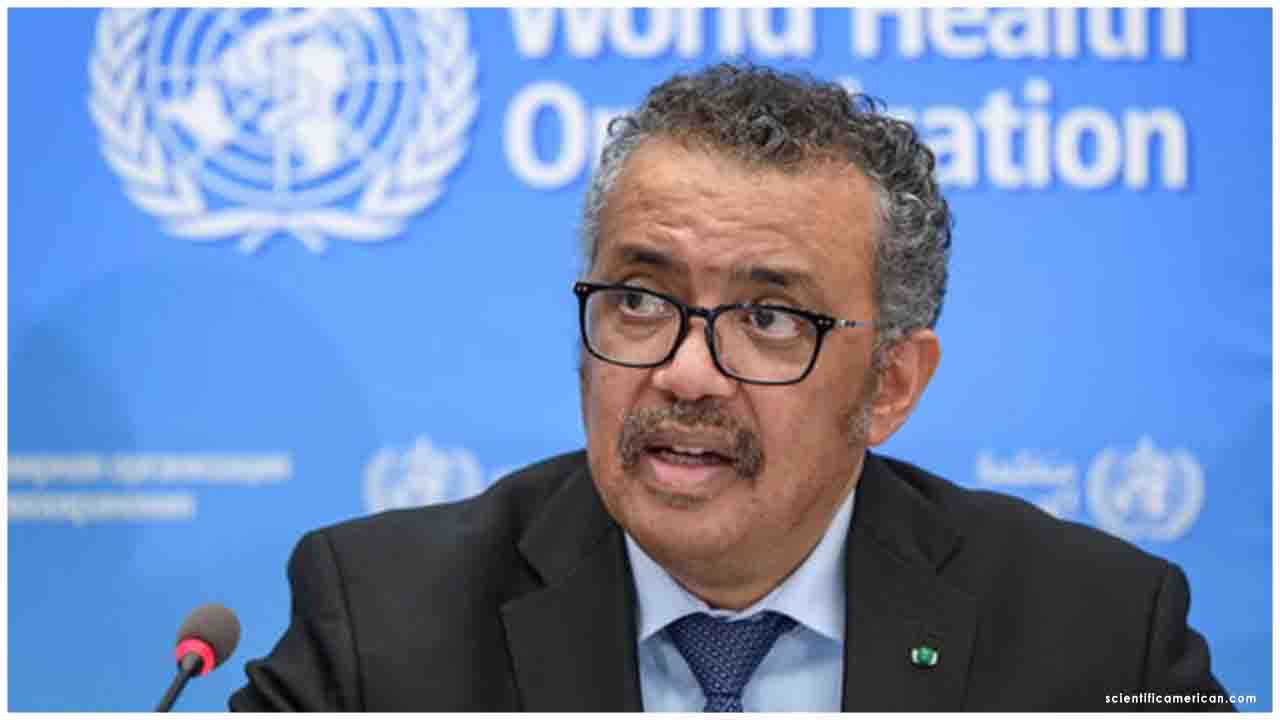India has one of the lowest COVID cases per lakh population in the world in spite of its high population density. Citing a WHO report, the Health Ministry said, the country’s cases per lakh population are 30.04 while the global average is more than triple at 114.67. The US has 671.24 cases per lakh population while the metric for Germany is 583.88, Spain is 526.22 and Brazil is 489.42. This was revealed in the WHO Situation Report-153 dated 21st of June. The Health Ministry said, this low figure is a testimony to the graded, preemptive and proactive approach the Central Government along with the States and Union Territories took for the prevention, containment and management of COVID-19.
Talking to AIR News exclusively, Director of the All India Institute of Medical Sciences, Randeep Guleria said, India is in a far better position in comparison to other countries in this regard.
The Health Ministry said the recovery rate of COVID-19 patients has improved to 55.77 per cent in the country. So far, a total of 2,37,195 patients have been cured of COVID-19.
The World Health Organization has said, the record levels of new daily COVID-19 cases are due to the fact that the pandemic is peaking in a number of big countries at the same time and reflect a change in the global activity of the virus.
At a media briefing in Geneva yesterday, WHO's emergencies chief Dr. Michael Ryan said, the numbers are increasing because the epidemic is developing in a number of populous countries at the same time.
Dr. Ryan noted that numerous countries have noted marked increases in hospital admissions and deaths - neither of which could be explained by increased testing. There definitely is a shift in that the virus is now very well established, Dr.Ryan added.
World Health Organization Chief Tedros Adhanom Ghebreyesus has called for a rapid increase in the production of Dexamethasone, a cheap steroid which has been shown to reduce deaths in critically ill Coronavirus patients. He said the demand had already surged after a British trial of the drug was publicised, but he was confident production could be ramped up.
Mr. Tedros said, although the data are still preliminary, the recent finding that the steroid Dexamethasone has life-saving potential for critically ill COVID-19 patients gave us a much-needed reason to celebrate.
Some 2,000 patients were given the drug by researchers led by a team from Oxford University and it reduced deaths by 35 percent among the most sickly, according to findings.
This decision was taken after the WHO temporarily suspended the clinical trial of Hydroxychloroquine (HCQ) on COVID-19 patients.
Earlier, in the last week, the Lancet Medical Journal published an observational study on HCQ and chloroquine and its effect on COVID-19 patients, who were hospitalized. The authors of the study reported that among patients receiving the drug, when used alone or with a macrolide, they estimated a higher mortality rate.
WHO had initiated the Solidarity Trial, to evaluate the safety and efficacy of four drugs and drug combinations against COVID-19, which include HCQ.
The Executive Group of the Solidarity Trial, representing 10 of the participating countries, met earlier this week and has agreed to review a comprehensive analysis and critical appraisal of all evidence available globally. The review will consider data collected so far in the Solidarity Trial and in particular robust randomized available data, to adequately evaluate the potential benefits and harms from this drug.
Mr. Tedros, further said that the other arms of the trial are continuing and this concern relates to the use of Hydroxychloroquine and chloroquine in COVID-19. He reiterated that these drugs are accepted as generally safe for use in patients with autoimmune diseases or malaria.
According to the WHO, over 400 hospitals in 35 countries are actively recruiting patients and nearly 3,500 patients have been enrolled from 17 countries under the Solidarity Trial.

 According to WHO India has lowest infection rate per lakh of population
According to WHO India has lowest infection rate per lakh of population










.jpeg)

.jpeg)










.jpg)




.jpg)

